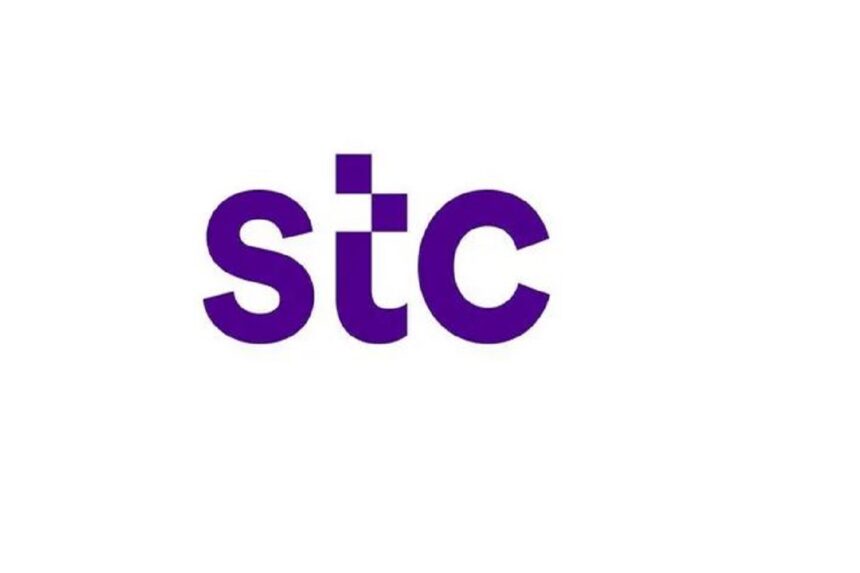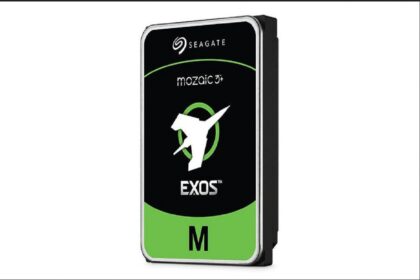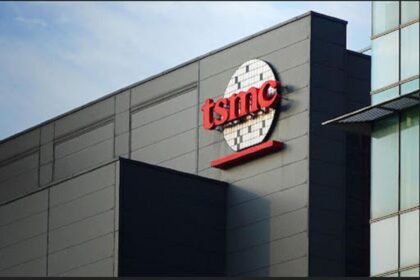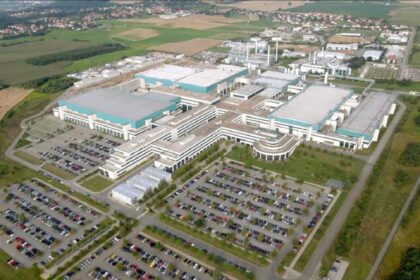Pilot Scheme Marks First in the Middle East for Optical Long-Haul Data Transfer
In a groundbreaking achievement, Nokia and Saudi Telecom Company (STC) have successfully completed a trial of a cutting-edge optical long-haul terabit data transfer system. This pilot, which is claimed to be the first of its kind in the Middle East, demonstrates the potential of advanced optical technology to efficiently connect data centers and transport large volumes of data.
Innovative Optical Technology Powers Terabit Data Transfer
The trial utilized Nokia’s latest-generation Photonic Service Engine (PSE-6s) technology, a key player in the advancement of optical interconnect systems. This system was employed to send data across STC’s network, connecting multiple data centers. Notably, the trial demonstrated the ability to transfer six 100GE (Gigabit Ethernet) services and one 400GE service over a single 1-Tbps wavelength.
The distance covered by the transfer was an impressive 850 kilometers (528 miles), underlining the technology’s capability to handle high-bandwidth traffic over extended distances without compromising performance.
Seamless Integration and Trusted Performance
The successful trial is being hailed as a significant milestone in the development of data center interconnect (DCI) solutions. Nokia emphasized that the demonstration showcased the seamless integration of their photonic DCI system into STC’s network, which is crucial for supporting large-scale digital infrastructure.
Nokia’s Carlo Corti, Head of Optical Networks for the Middle East and Africa, noted, “By pushing the boundaries of optical technology, Nokia is committed to providing scalable, energy-efficient, and resilient solutions. We are proud to partner with STC Group to achieve this record-breaking milestone.”
Supporting Saudi Arabia’s Digital Transformation
The trial’s success aligns with Saudi Arabia’s ambitious Vision 2030 goals, which focus on digital transformation, sustainability, and leadership in technological innovation. Abdullateef Alsenan, GM of Infrastructure Design at STC, highlighted how the partnership with Nokia is helping build a future-ready network capable of securely supporting massive data traffic volumes.
“As part of our efforts to support cloud services and AI applications, this milestone demonstrates our capability to deliver high-performance infrastructure, positioning Saudi Arabia as a leader in global digital innovation,” said Alsenan.
The Growing Importance of Optical Systems in Data Centers
The trial underscores the growing trend of optical interconnects as a viable solution for high-speed data transfer between geographically dispersed data centers. Photonic DCI systems are quickly gaining traction in the industry, with various vendors, including Nokia, developing these technologies to meet the ever-increasing demand for data storage and transfer capacity.
Data center operators and network providers are turning to optical interconnect solutions for their ability to handle large data volumes with enhanced energy efficiency, reliability, and security.
FAQ Section
1. What is the significance of the Nokia and STC trial?
The trial is a significant milestone in the Middle East, showcasing Nokia’s advanced optical technology and its ability to support high-speed, long-distance data transfers between data centers.
2. How far did the terabit data transfer system cover?
The system successfully transferred data over a distance of 850 kilometers (528 miles), demonstrating the technology’s efficiency over long hauls.
3. What are the benefits of using optical interconnect technology in data centers?
Optical interconnects provide a scalable, energy-efficient, and secure infrastructure for transferring large amounts of data between data centers, making them an ideal solution for handling modern digital traffic.
4. How does this trial support Saudi Arabia’s Vision 2030?
The trial is a part of STC’s efforts to support cloud services, AI applications, and the Kingdom’s broader goal of digital transformation, helping position Saudi Arabia as a leader in digital innovation.
5. What are the potential future applications of photonic DCI systems?
Photonic DCI systems can enhance data transfer between data centers for applications such as cloud computing, AI, and big data analytics, offering high capacity, low latency, and energy efficiency.


















